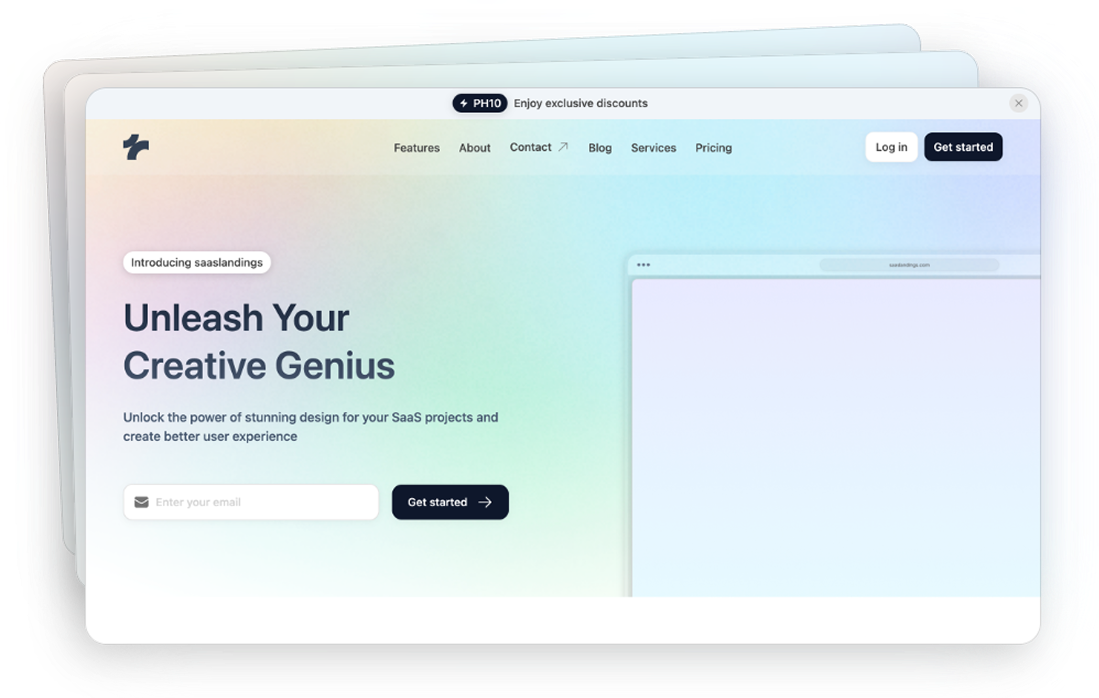
Stats Components
Highlight key metrics with animated Tailwind number counters.
Stats 1
Split layout with phone image plus three big metrics on the right
Stats 2
Centered card summarizing SaaS benefits with three bold metrics
Stats 3
Centered card with headline and four horizontally aligned metrics
Stats 4
Left‑aligned text block with vertical stack of metrics on the right
Stats 5
Wide card showing three key metrics in a single row
Stats 6
Simplified layout with three bold metrics lined up horizontally
Can’t find the answer?
Contact us
